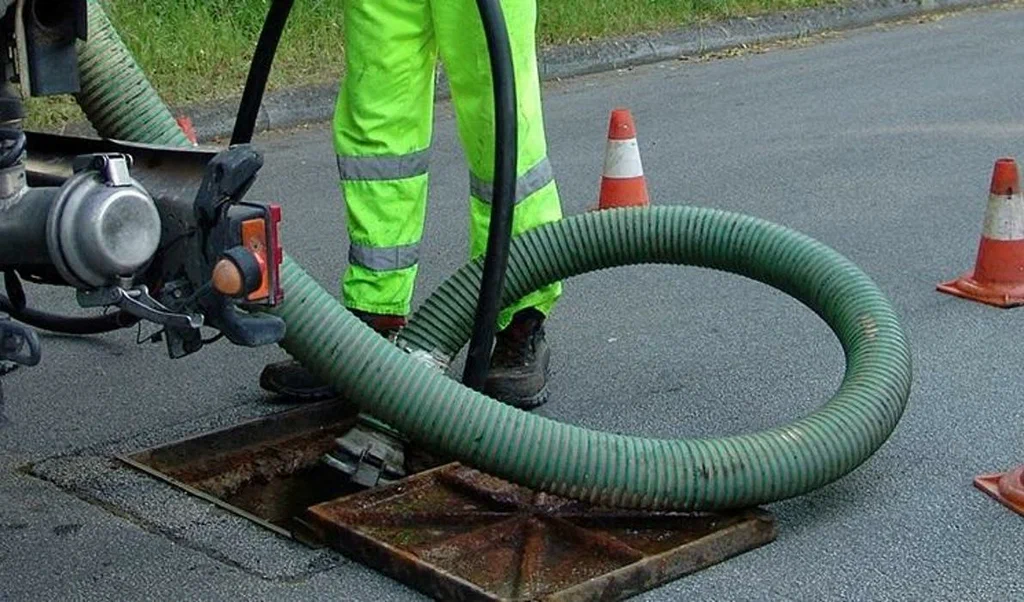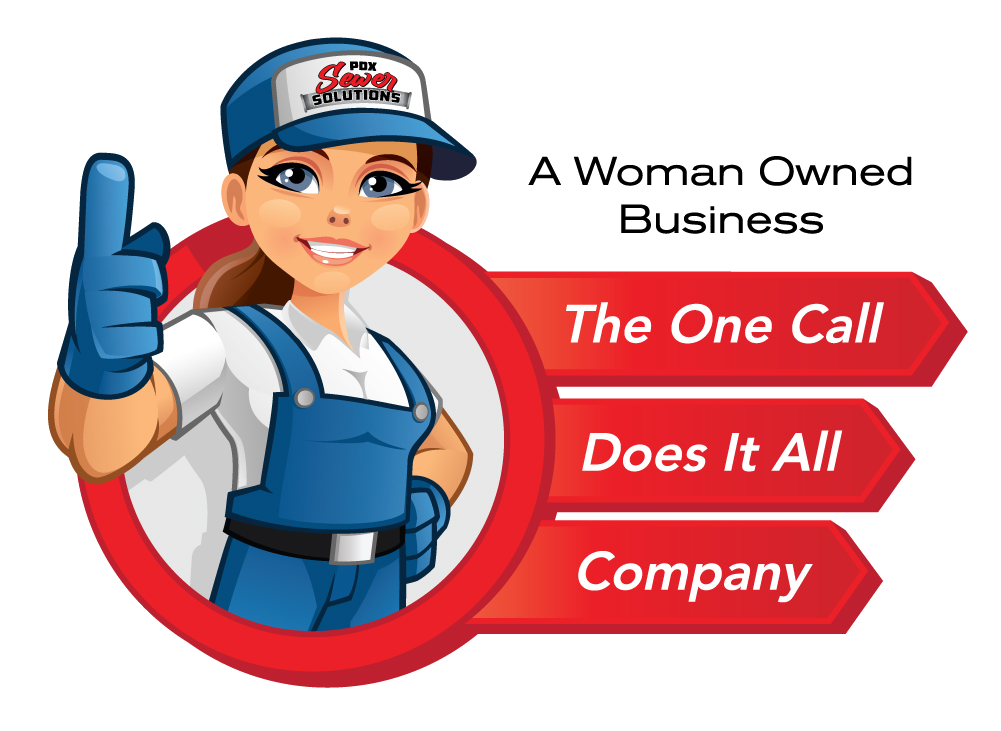
Maintaining a clean and functional drainage system is crucial for any commercial property, whether it’s a restaurant, office building, or industrial facility. Neglecting drain maintenance can lead to clogs, unpleasant odors, and costly repairs that disrupt business operations. But how often should you clean your commercial drain to prevent these issues? The answer depends on various factors including the type of business, the volume of waste produced, and the specific drainage system in use. In this article, we’ll explore the importance of regular drain cleaning, the factors that influence cleaning frequency, and the best practices to keep your commercial drain in top condition.
The Importance of Regular Drain Cleaning
Commercial drains are subject to a high volume of use and often handle more complex waste than residential systems. Over time, grease, food particles, hair, soap scum, and other debris can build up in the pipes, leading to blockages. These blockages not only slow down water flow but can also cause water to back up, resulting in unpleasant odors and potential health hazards. In severe cases, a clogged drain can cause flooding, damaging property and interrupting business activities.
Regular drain cleaning helps to:
- Prevent Clogs: Routine cleaning removes debris before it accumulates to the point of causing a blockage.
- Eliminate Odors: A clean drain is less likely to emit foul smells, which can be off-putting to both employees and customers.
- Extend the Lifespan of Plumbing: Regular maintenance helps to reduce the wear and tear on pipes, extending their lifespan and reducing the likelihood of costly repairs.
- Maintain Health and Safety Standards: For businesses like restaurants and hotels, regular drain cleaning is essential to comply with health and safety regulations.
Factors That Influence Cleaning Frequency
The frequency with which you should clean your commercial drain depends on several factors:
1. Type of Business
The nature of your business plays a significant role in determining how often you should clean your drains. For example:
- Restaurants and Cafes: Kitchens in food service establishments are prone to grease build-up, which can lead to severe blockages. These businesses should clean their drains at least once a month, and in some cases, weekly, depending on the volume of waste.
- Hotels and Hospitality: In addition to kitchen drains, hotels have bathroom drains that are susceptible to hair, soap, and shampoo build-up. These should be cleaned at least quarterly.
- Industrial Facilities: Industries that deal with chemicals, oils, or large volumes of waste may require more frequent drain cleaning, possibly every few weeks.
- Office Buildings: Offices usually have a lower risk of severe drain blockages, but it’s still advisable to clean the drains annually or semi-annually to prevent any build-up.
2. Volume of Waste
The amount of waste your business produces directly impacts the condition of your drains. A restaurant that serves hundreds of customers daily will generate more waste than a small office building, necessitating more frequent cleanings.
- High Waste Volume: Businesses with high waste volume should consider monthly cleanings to ensure that their drains remain clear and functional.
- Low Waste Volume: For businesses that produce minimal waste, quarterly or even annual cleanings may suffice.
3. Type of Waste
Different types of waste have different impacts on drainage systems:
- Grease and Oil: Grease can solidify in pipes, causing stubborn blockages. Businesses that deal with a lot of grease should have their drains cleaned frequently.
- Food Particles: Food particles can accumulate and decompose in drains, leading to blockages and unpleasant odors. Regular cleaning is essential for food-related businesses.
- Hair and Soap Scum: In facilities like hotels and gyms, hair and soap scum can clog bathroom drains, requiring regular attention.
- Chemical Waste: Industrial facilities that dispose of chemical waste through their drains should have them cleaned frequently to prevent corrosion and blockages.
4. Age and Condition of Plumbing
Older plumbing systems are more susceptible to blockages due to the build-up of debris over time and potential corrosion within the pipes. If your commercial property has an older drainage system, you may need to clean the drains more often to prevent issues.
- Old Plumbing: For older systems, monthly or quarterly cleaning is advisable to prevent blockages and extend the life of the pipes.
- New Plumbing: Newer systems may not require as frequent cleaning but should still be maintained regularly to ensure longevity.
5. Local Regulations
In some areas, local health and safety regulations may dictate the frequency of drain cleaning for certain types of businesses, particularly those in the food service or hospitality industries. Be sure to check with your local authorities to ensure you are in compliance with any specific requirements.
Best Practices for Commercial Drain Cleaning
Once you’ve determined how often you need to clean your commercial drain, it’s important to follow best practices to ensure the process is effective and minimizes disruption to your business:
1. Schedule Regular Maintenance
Establish a routine cleaning schedule based on the factors discussed above. Consistency is key to preventing clogs and other drainage issues. Many businesses opt for a professional drain cleaning service to handle this task, ensuring that it’s done thoroughly and on time.
2. Use Proper Cleaning Methods
Different types of drains and waste require different cleaning methods. For example, grease traps in restaurants may need to be cleaned with specialized equipment, while bathroom drains in a hotel might benefit from regular snaking to remove hair and soap build-up.
- Hydro Jetting: This method uses high-pressure water to clear out blockages and clean the interior of pipes. It’s highly effective for removing grease and other stubborn debris.
- Snaking: A plumbing snake is a flexible tool that can reach deep into the pipes to remove blockages. It’s commonly used for bathroom drains.
- Enzymatic Cleaners: These cleaners use natural enzymes to break down organic waste like grease and food particles, making them a good option for regular maintenance.
3. Educate Employees
Your staff plays a crucial role in maintaining the cleanliness of your drains. Educate them on what can and cannot be disposed of down the drain, and encourage them to report any signs of a potential blockage, such as slow draining or unpleasant odors, as soon as they notice them.
4. Monitor Drain Performance
Keep an eye on how your drains are performing between cleanings. If you notice any signs of a problem, such as slow drainage, gurgling sounds, or bad smells, it may be time for an unscheduled cleaning.
Conclusion
Regular drain cleaning is essential for maintaining a healthy, functional commercial property. The frequency with which you should clean your commercial drain depends on several factors, including the type of business, the volume and type of waste produced, and the condition of your plumbing. By scheduling regular maintenance, using the right cleaning methods, and educating your staff, you can prevent blockages, extend the life of your plumbing, and avoid costly disruptions to your business. If in doubt, consult with a professional drain cleaning service to develop a maintenance plan tailored to your specific needs.
